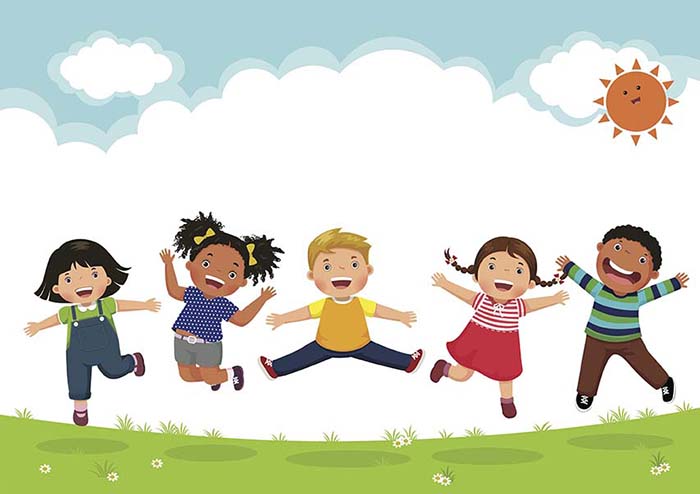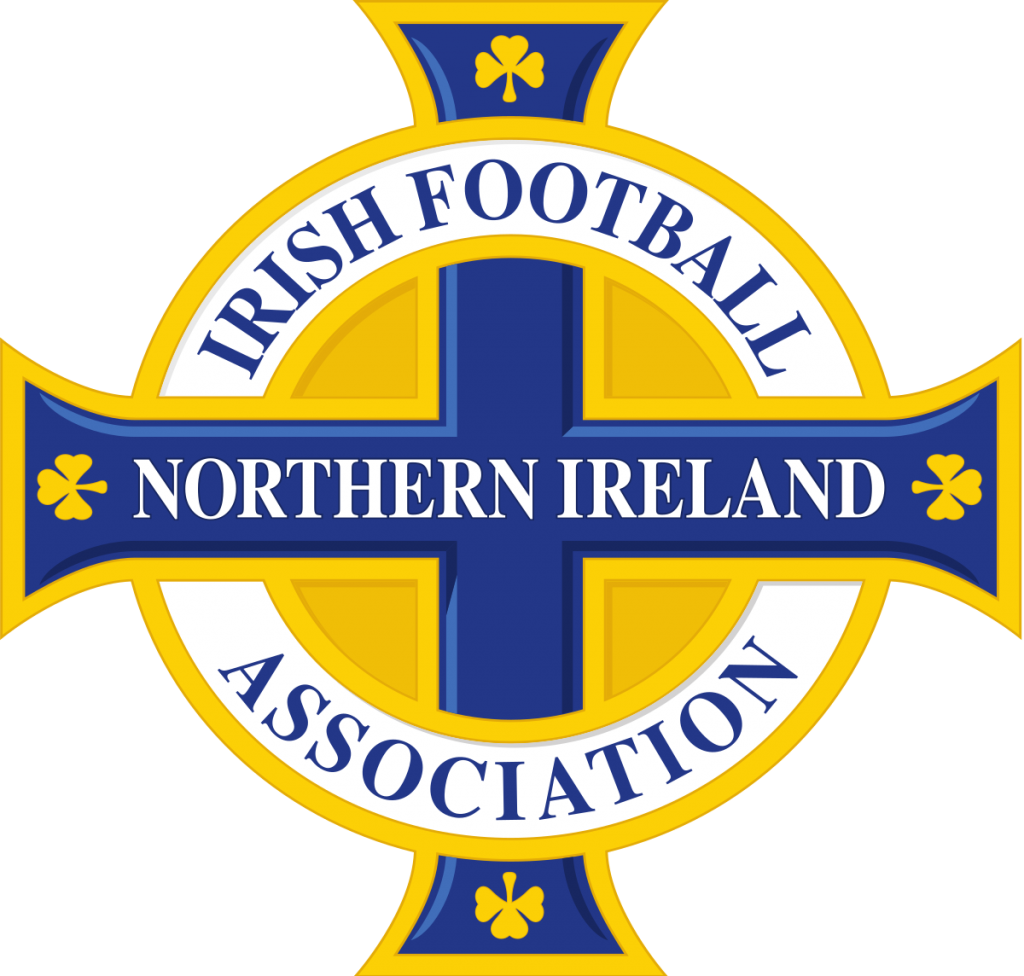IFA And NSPCC Cooperate To Keep Children Safe in Sport
The IFA has joined NSPCC in calling on parents in Northern Ireland to play their part in keeping children safe in sport
- A new poll finds almost a fifth of parents surveyed are not confident they could spot the signs if their child was suffering abuse at a sport’s club.
- In Northern Ireland, the Irish Football Association (IFA) is backing NSPCC ‘Keeping Your Child Safe in Sport Week’ campaign which empowers parents to raise concerns about safeguarding in sport.
The NSPCC launches its sports safety campaign backed by the Irish Football Association in Northern Ireland as a new poll reveals almost a fifth of parents (15%) surveyed across the UK are not confident they could spot the signs if their child was suffering sexual, physical or emotional abuse at their local sports club.

The research carried out by YouGov on behalf of the children’s charity also found that one in 10 parents were not confident they knew how to raise concerns with their child’s sports club about their child’s safety. The NSPCC wants to ensure that all parents have the knowledge and confidence to raise safeguarding concerns.
The figures are based on 1,000 parents of children aged 3 to 16 years old who attend sports clubs across the UK.
Furthermore, new data has revealed the number of contacts to the NSPCC Helpline from adults from across the UK with safeguarding questions or concerns about children in a sports setting has almost doubled in the last five years.
The NSPCC’s Keeping Your Child Safe in Sport Week campaign, backed by the Irish Football Association in Northern Ireland, launches today (Monday 3 October).
It offers advice and information to empower parents to play a key role in helping to keep their children safe in sport.
The campaign aims to provide parents and carers with the right knowledge and resources so they can make confident informed decisions when raising concerns with their child’s sport club.
Advice tools and supporting information are available from the NSPCC and its Child Protection in Sport Unit (CPSU).
The Irish Football Association (IFA) has given its backing to the important campaign in Northern Ireland.
IFA Safeguarding Manager Kevin Doyle said: “We are delighted to support NSPCC’s Keeping Your Child Safe in Sport Week and are encouraging clubs to run local events to engage openly with parents and share this via their own social media.
“We have two webinars scheduled during the week. One advising clubs how to engage with parents, and the other to raise awareness with parents about what they can do to support their children in sport.

“We will also run workshops for parents involved in our under 18 International squads.”
“Over the years the NSPCC Helpline have launched dedicated phonelines numbers for different sports to help support those impacted by abuse in sport.
“Currently a free dedicated NSPCC helpline commissioned by British Cycling has been set up in response to a number of individuals speaking out about non-recent abuse, including former professional cyclist Sir Bradley Wiggins CBE, who revealed earlier this year he had been groomed by a former coach.”
Sir Bradley said: “I back the NSPCC’s Keeping Your Child Safe in Sport Week campaign which strives to prevent abuse of any kind happening to children in sport.
“We must make sport safe for children, and make it easier for parents, and indeed all people in sport, to recognise and understand how they themselves can support a safer sports environment.”
An adult who experienced abuse as a child in sport told an NSPCC Helpline practitioner: “The gymnastics club I went to as a child was obsessed with diets and the weight of the gymnasts.
“The gymnasts were weighed twice a week. If they were considered overweight or fat, their weights were written on a whiteboard for everyone to read, the gymnasts were shouted at and humiliated by the coaches. As a result of their cruelty, I developed an eating disorder.”
As well as social media support from sporting clubs and figures across Northern Ireland and the rest of the UK, virtual webinars for parents to promote safeguarding in youth sport will also run throughout the week, including by the Premier League and another by The Young Gamers and Gamblers Education Trust (YGAM).
Michelle North, Director of the NSPCC’s Child Protection in Sport Unit, said: “For many of us, it was playing at our local grassroots sports clubs as children where we first encountered a deep lifelong love and passion for sport.
“Every child and young person deserves to enjoy sport in an environment that is safe from abuse and harm and where they can play within a culture that advocates for their care and wellbeing.
“Parents and carers play a key role in keeping children safe in sport. This is why during the NSPCC’s Keeping Your Child Safe in Sport Week campaign, we want to empower parents and carers with the knowledge, information and confidence needed to uphold child safeguarding.”
For more information about the campaign and to gain access to the supporting resources please visit:
- This table shows the number of Child Welfare contacts to the NSPCC Helpline between 2017 to 2022 where the location of concern is ‘Sports Setting’:
| Sports Setting CW contacts | 2017/18 | 2018/19 | 2019/20 | 2020/21 | 2021/22 | ||||||
| Total CW Contacts | 155 | 232 | 247 | 369 | 301 |
A Snapshot Comment From A Parent Whose Child Experienced Child Abuse
A parent said: “My daughter attended a gymnastics club from the age of 5 until she was 7.
“During the two years that she was there she was subjected to physical and emotional abuse.
“The coach screamed and shouted and pushed her to the floor even when she was crying.
“The coach told my daughter that if she complained to her parents, she would be made to train even harder.
“Other coaches saw these incidents and never intervened.
“My daughter has since developed mental health issues and anxiety” (Mother, NSPCC Helpline).
***

























